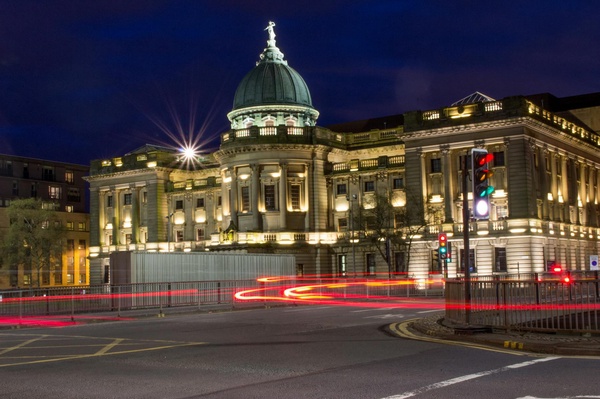Se hva du kan gjøre og oppleve i Glasgow
Utforsk Glasgow, Skottlands pulserende kulturhovedstad! Nyt den fantastiske arkitekturen ved George Square og beundre kunst på Kelvingrove Art Gallery. Opplev byens musikkscene på legendariske King Tut's, og ta en vandring langs den livlige Sauchiehall Street for shopping og mat. Ikke gå glipp av det teknologisk avanserte Glasgow Science Centre eller den fredelige botaniske hagen. Glasgow byr på en perfekt miks av historie, kunst, og moderne underholdning for alle reisende.
